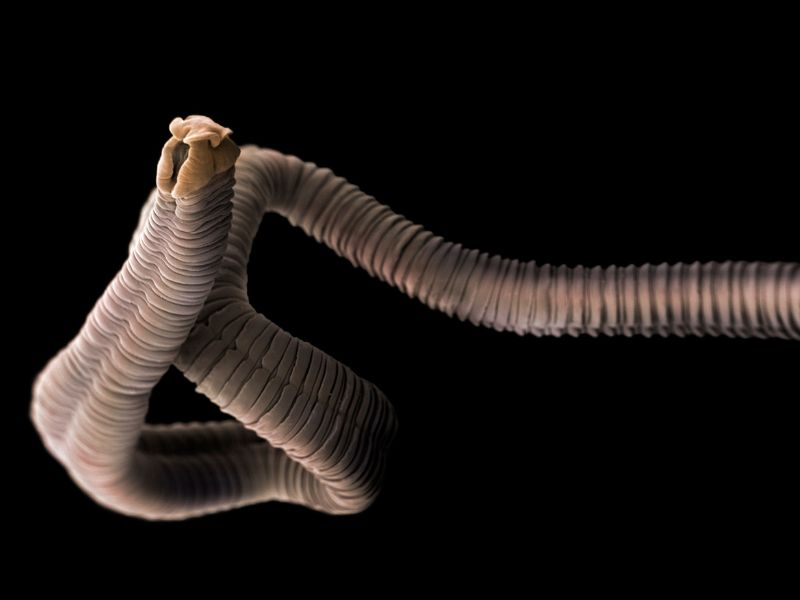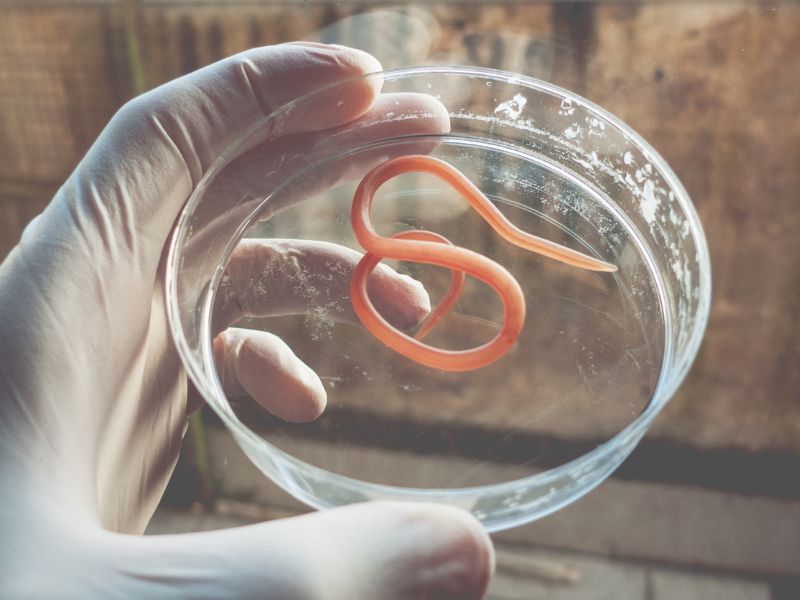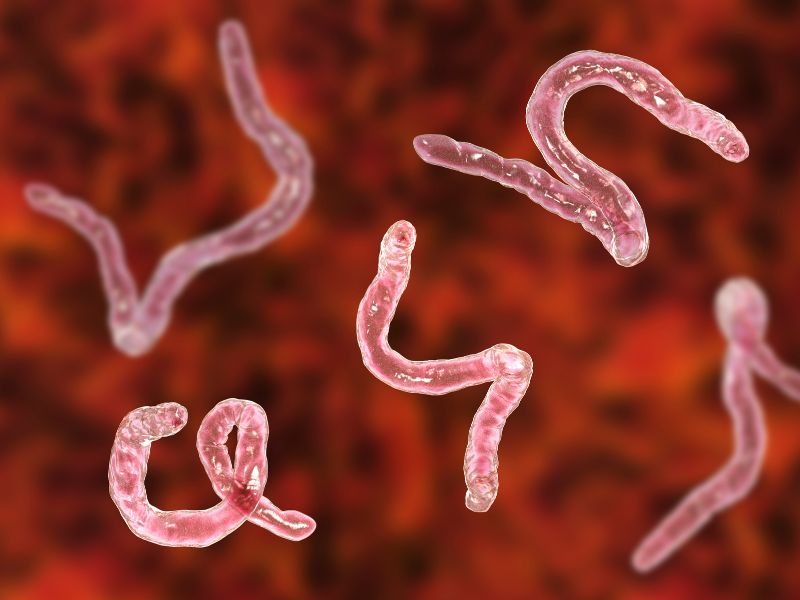As a dog owner, it’s important to keep an eye out for any signs of illness or discomfort in your furry friend. One potential health issue that is often overlooked is the presence of internal parasites. These pesky organisms can wreak havoc on your dog’s digestive system, causing a range of symptoms that can be easily missed. By learning to identify the warning signs of internal parasites, you can take the necessary steps to protect your dog’s health and wellbeing. In this article, we’ll explore some common symptoms of internal parasites in dogs, as well as what you can do to prevent and treat this common health issue. Whether you’re a seasoned pet owner or a new dog parent, understanding the importance of parasite prevention is essential for ensuring your dog remains happy and healthy for years to come.
What are internal parasites?
Internal parasites are organisms that live inside your dog’s body and feed off of its nutrients. Some common types of internal parasites include roundworms, tapeworms, hookworms, and whipworms. These parasites can be contracted through a variety of means, including contact with other infected animals, ingesting contaminated soil or feces, or through the mother’s milk during nursing. Once inside your dog’s body, these parasites can cause a range of symptoms that can be easily missed if you’re not paying close attention.

Common internal parasites in dogs
There are several types of internal parasites that are commonly found in dogs. One of the most common is the roundworm, which is a long, spaghetti-like worm that can grow up to several inches in length. These worms can cause a range of symptoms, including vomiting, diarrhea, weight loss, and a pot-bellied appearance. Another common type of internal parasite is the tapeworm, which is a flat, segmented worm that can grow up to several feet in length. Tapeworms can cause symptoms such as vomiting, diarrhea, and weight loss, as well as the appearance of small, rice-like segments in your dog’s stool.
Hookworms and whipworms are two other types of internal parasites that can cause a range of symptoms in dogs. Hookworms are small, thread-like worms that attach themselves to the lining of your dog’s intestines, where they can cause bleeding and inflammation. This can lead to symptoms such as anemia, weakness, and weight loss. Whipworms are another type of internal parasite that can cause diarrhea, weight loss, and anemia in dogs.
Symptoms of internal parasites in dogs
The symptoms of internal parasites in dogs can vary depending on the type of parasite and the severity of the infection. Some common symptoms to watch out for include:
- Vomiting and diarrhea
- Weight loss and poor appetite
- Pot-bellied appearance
- Anemia and weakness
- Itchy or irritated skin
- Coughing or difficulty breathing
If you notice any of these symptoms in your dog, it’s important to take them to the vet as soon as possible. Left untreated, internal parasites can cause serious health problems and even death in some cases.
Diagnosis and treatment of internal parasites
If your vet suspects that your dog has internal parasites, they will likely perform a fecal exam to look for evidence of parasites in your dog’s stool. Depending on the type of parasite, they may also perform blood tests or other diagnostic tests to confirm the diagnosis.
Treatment for internal parasites typically involves a course of medication that is designed to kill the parasites and help your dog’s body eliminate them. In some cases, your vet may also recommend supportive therapies such as IV fluids or nutritional supplements to help your dog recover from the infection.
Prevention of internal parasites in dogs
Prevention is key when it comes to protecting your dog from internal parasites. There are several steps you can take to minimize your dog’s risk of infection, including:
- Keeping your dog’s living area clean and free of feces
- Regularly cleaning and disinfecting your dog’s food and water bowls
- Avoiding contact with other infected animals
- Keeping your dog on a regular deworming schedule
- Feeding your dog a high-quality diet that is rich in nutrients
By taking these steps, you can help minimize your dog’s risk of developing internal parasites and keep them healthy and happy for years to come.

See Also: How to Best Look After an Older Dog
And: How to Manage Your Dog’s Shedding Problem
Natural remedies for internal parasites in dogs
If you’re looking for natural ways to help prevent or treat internal parasites in your dog, there are several options available. Some natural remedies that may help include:
- Feeding your dog pumpkin seeds, which are rich in fiber and can help eliminate parasites from the digestive system
- Adding garlic to your dog’s diet, which has natural antiparasitic properties
- Using diatomaceous earth, which is a natural powder that can help kill parasites in the digestive system
While these natural remedies can be helpful, it’s important to talk to your vet before trying any new treatments to ensure that they are safe and effective for your dog.
When to see a veterinarian
If you suspect that your dog may have internal parasites, it’s important to take them to the vet as soon as possible. Your vet can perform diagnostic tests to confirm the diagnosis and recommend appropriate treatment options to help your dog recover.
In addition to seeking veterinary care, there are several things you can do to help your dog recover from internal parasites. These include providing plenty of fresh water, feeding your dog a high-quality diet, and giving them plenty of rest and relaxation.
Conclusion
Internal parasites can be a serious health issue for dogs, but by learning to identify the warning signs and taking the necessary steps to prevent and treat these infections, you can help keep your furry friend healthy and happy for years to come. By keeping your dog’s living area clean, avoiding contact with other infected animals, and staying up to date on your dog’s deworming schedule, you can help minimize their risk of developing internal parasites. If you suspect that your dog may have internal parasites, don’t hesitate to seek veterinary care to ensure that they get the treatment they need to recover.

